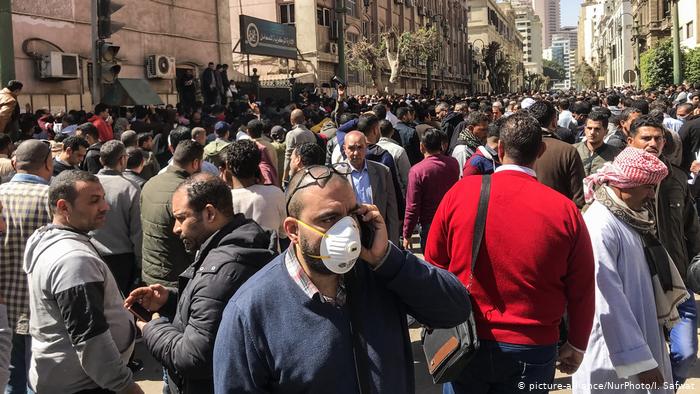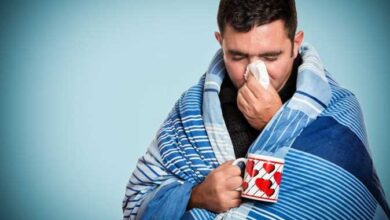
The Egyptian Ministry of Health and Population confirmed on Monday 511 new coronavirus cases, up from 486 on Sunday.
The ministry also announced 23 virus-related deaths and 257 recovering cases.
Egypt has now recorded a total of 122,086 confirmed cases, 105,132 recovered cases, and 6,943 virus-related deaths.
The Presidential Advisor for Health and Prevention affairs Mohamed Awad Tag El-Din announced on Sunday that Egypt has officially entered the second wave of the pandemic, after cases have risen steadily over the past three weeks.
Government officials continue to urge the public to adhere to precautionary measures against the virus, and the Egyptian Cabinet has called on authorities to strictly enforce the country’s mask mandate, which applies to all public transportation and indoor public spaces.
Those who do not wear a mask in the designated areas could face a fine of up to LE4,000.
Additionally, new curfew hours for retail shops, restaurants, and cafes went into effect on December 1 in an attempt to limit the spread of the virus and standardize operating hours of businesses across the country.
Furthermore, the Egyptian Coptic Orthodox Church decided on December 6 to suspend for one month all mass service in Cairo and Alexandria, as well as Sunday school services and church meetings in response to the surge of cases.
The Cabinet remains confident on its handling of the second wave of the virus, citing a Bloomberg report showing that Egypt ranked second best among Arab countries in dealing with the pandemic.
On Thursday, the country received its first shipment of a coronavirus vaccine from the Chinese company Sinopharm, which is said to be 86 percent effective. The vaccine will be free for Egyptians, with the first doses being reserved for healthcare workers and at-risk populations.
Egypt has yet to reach Europe or US-like figures, however, testing in the country is not widely accessible or affordable for the average Egyptian.
Moreover, the government has decided to focus its testing on those presenting with severe symptoms of the virus, which means that the health ministry statistics do not reflect the actual number of active cases in the country, WHO official Rick Brennan stated on December 8.



